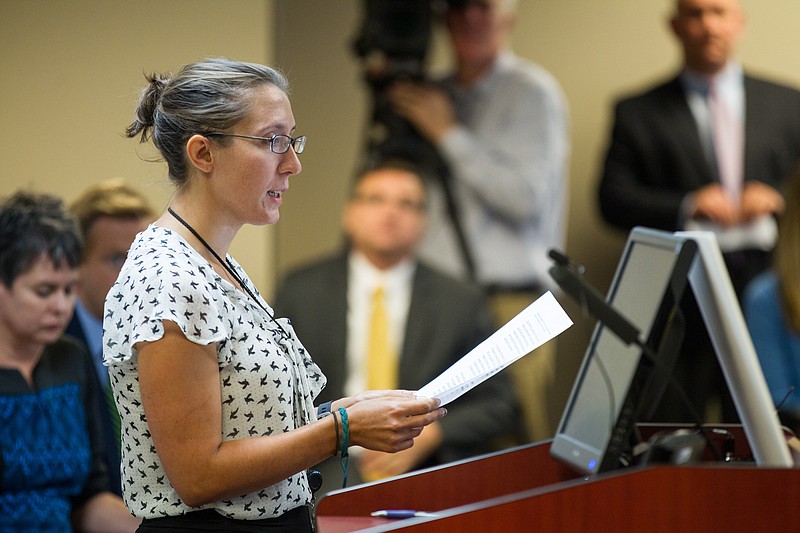Despite a law passed two years ago that demands otherwise, many Tennessee government entities still are making it difficult for people to have access to public records.
An audit of 306 entities by the Tennessee Coalition for Open Government between October 2017 and March 2018 found that 15 percent of agencies contacted would not or did not email a copy of their public records policy once it had been requested.
The law required that every government entity in the state establish a written public records policy by July 2017. The policy was to include how citizens can make a public records request, the title or name of the person who could help get them get records, and contact information for that person.
While larger counties have entire staffs that deal with public records, even smaller counties should have had the time and employees to create something so simple.
The public, after all, not only should know how to access various records but is the very group that pays the salaries of the individuals who run the offices from which they are requesting information. It seems the least the governmental entity could do to serve those who pay them.
Unfortunately, not only did some government entities not have or not report such a policy, but others make it more difficult than is actual state policy to obtain such records.
Many policies, for example, require a Tennessee driver's license or other state identification to prove state residency as a condition to inspect records or get copies of them, but state law does not require such.
The audit also showed that despite a recommendation by the state Office of Open Records Counsel that fees be waived under certain circumstances, 59 percent of open records policies did not waive fees for copies of records if they fell under a certain amount.
Indeed, in what sounds to us about the way government functions too often, the cost of handling and processing payments by the government entity for such records often exceeded the fee that the entity received for generating the records.
The audit also also found that almost half (48 percent) of the entities would not allow the use of cameras on phones and apps to take copies of documents, and more than four in 10 (41 percent) made no mention whether the use of such devices was feasible. Only 5 percent of government entities allow it.
Clearly, while it is gratifying that many agencies (84 percent) have fulfilled the law, many government entities still have work to do. Since transparency was the goal for the state law, and since more and more citizens demand transparency, we hope those entities still not in compliance will rectify their policies with haste.
